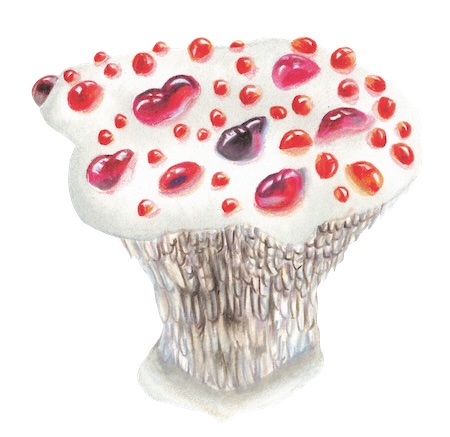The sanatoriums of Olga Tokarczuk & Thomas Mann

The Empusium: A Health
Resort Horror Story
Olga Tokarczuk
Translated by Antonia Lloyd-Jones (Fitzcarraldo Editions, 2024)


Picture an ordinary young man. He has just arrived in Davos, Switzerland, where he will spend three weeks visiting a cousin who is being treated for tuberculosis at the local sanatorium. Imagine that this young man is « the coddled scion » of a well-to-do Hamburg family: he is bright enough, but no great intellect. He understands the value of hard work but, all things considered, prefers his leisure. His sense of propriety is deep-rooted and rigid; his politics are flexible but conservative. He observes every politeness but displays little true kindness. And though he’s far from humorless, he has, perhaps, an underdeveloped sense of irony.
This very ordinary young man is Hans Castorp, the hero of Thomas Mann’s The Magic Mountain (1924). Mann conceived of the story during his own three-week stay at a sanatorium, where he wondered if the seductive mix of leisure and peril didn’t pose a larger threat to its young patients than their original illness: the threat of a liminal existence so pleasant one might never leave it. Accordingly, Castorp is charmed — even bewitched — by the languid rhythm of days « up there » marked by temperature takings, mountain hikes and long meals with beer. He becomes chronically feverish, and — lo and behold! — the sanatorium’s doctor finds a « moist spot » in his lungs and recommends he stay a while. And so, as if in a dream, three weeks become seven years.
This article is behind the paywall. Want to keep reading this article?
Subscribe to the European Review of Books, from as low as €4,16 per month.
Already a subscriber? Sign in